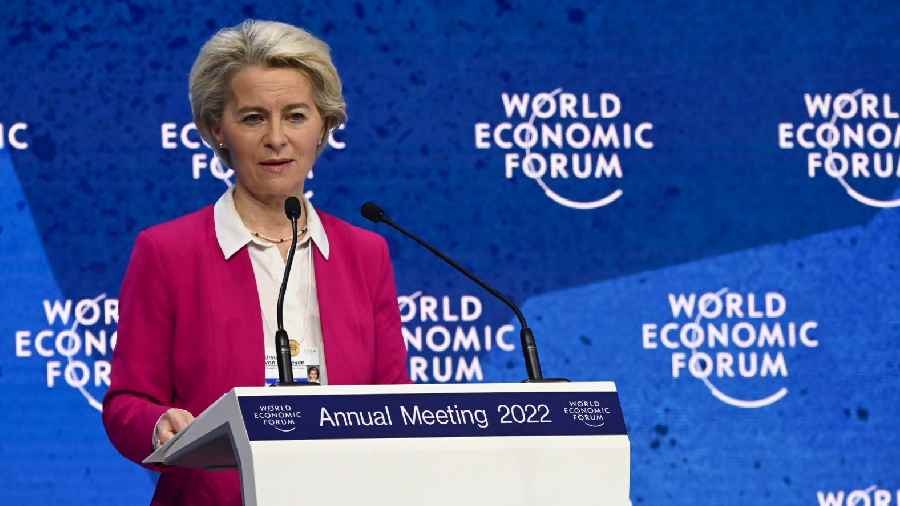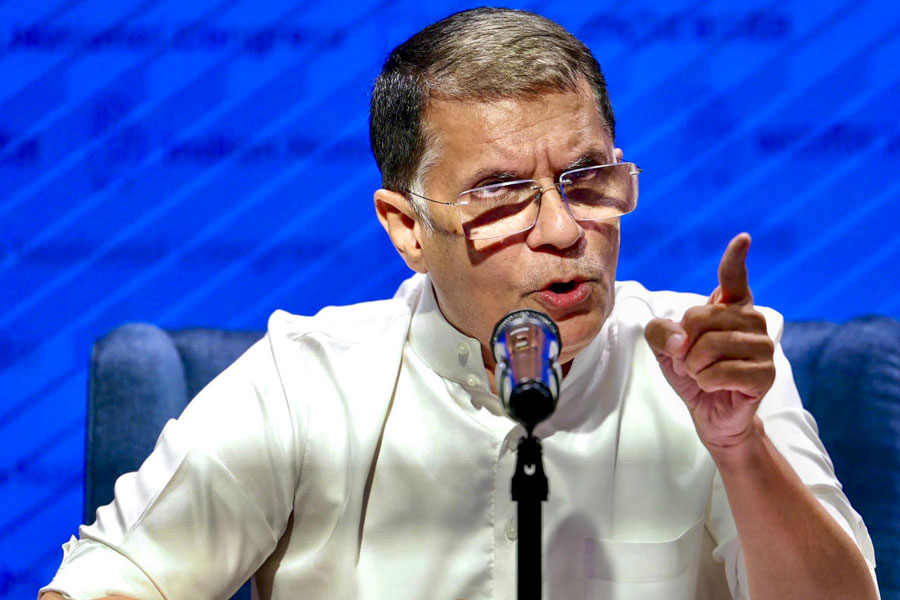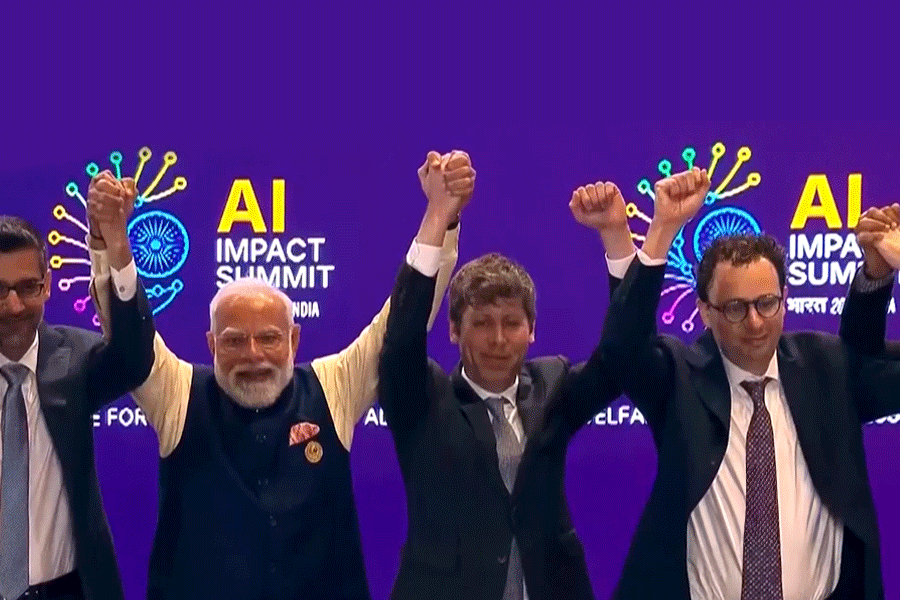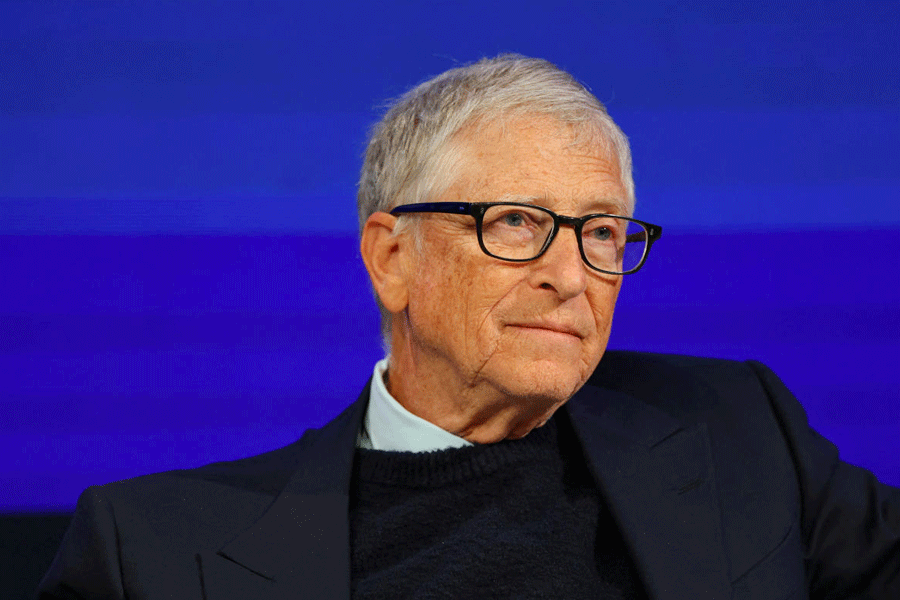The EU is working to overcome Russian “blackmail” and get grain blocked by the war in Ukraine to international markets, hoping to alleviate soaring wheat prices and food shortages in countries including Lebanon and Somalia, the leader of the bloc’s executive arm said on Tuesday,
Ukraine is normally one of the world’s main wheat exporters but 20 million tons of grain are now blocked inside the country by the Russians, according to the president of the European Commission, Ursula von der Leyen, who was speaking to an audience at the World Economic Forum in Davos, Switzerland.
Moscow’s actions, coupled with a campaign to confiscate Ukrainian grain stocks and machinery, stirred memories of a famine in Ukraine and other parts of the Soviet Union in the early 1930s in which millions died, she said.
The sharp fall in Ukraine’s wheat shipments, as well as sanctions on Moscow that have affected Russian exports, have led to increasing concern by world leaders about a potential global food crisis. The UN says that tens of millions of people could face hunger or famine.
Ukraine normally exports five million tons of wheat a month, but the figure is now down to between 200,000 tons and a million, Von der Leyen said.
“By getting it out, we can provide Ukrainians with much-needed revenues, and the World Food Programme with supplies it badly needs,” Von der Leyen said, referring to the UN food agency. “Global cooperation is the antidote to Russia’s blackmail.”
Russia’s naval dominance of the Black Sea and the Sea of Azov, as well as its control of ports like Mariupol, which it fully seized last week after a protracted siege, have grain exports by ship. World leaders and the government in Kyiv, the Ukrainian capital, are scrambling to try to find alternative routes.
“To do this, we are opening solidarity lanes, linking Ukraine’s borders to our ports,” Von der Leyen said. “We are financing different modes of transportation so that Ukraine’s grain can reach the most vulnerable countries in the world.”
Poland offers one potential land corridor. Its President, Andrzej Duda, said on Sunday during a visit to Kyiv that his government would ease trade barriers, but road and rail transport presents practical obstacles, given the quantities involved.
Von der Leyen said that EU countries were increasing their own wheat production and supporting countries in Africa to make them less dependent on food imports.
New York Times News Service










